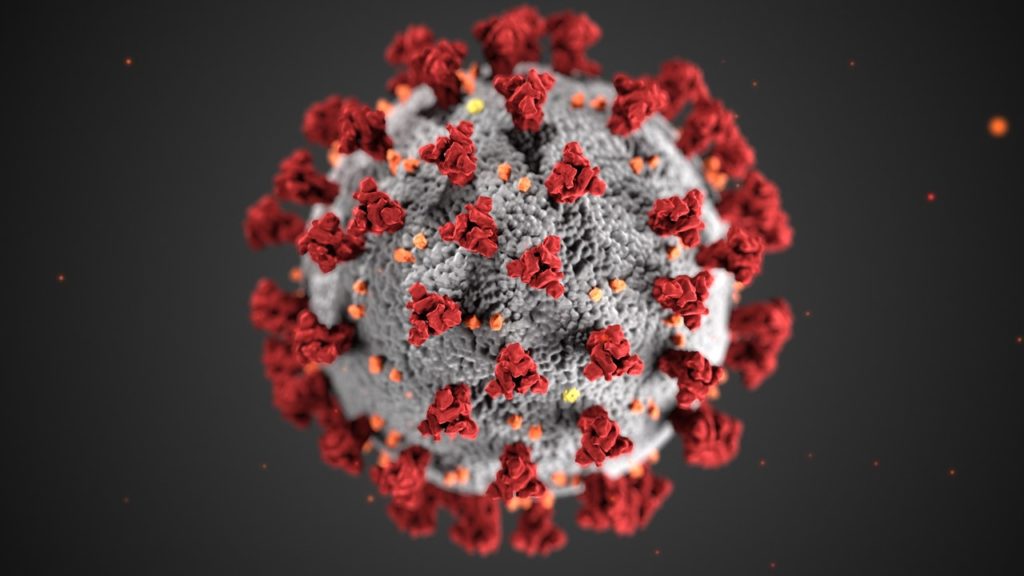Having a strong immune system is not enough to avoid getting infected by COVID-19. The virus, which has spread worldwide, has shown that it is one of the highly contagious illnesses. Although there has yet to be concession among health experts on how the contagion really spreads, many reports indicated that the virus could be transmitted through the air or droplets.
The daily infection rates show the contagiousness of COVID-19 in the country. Every day thousands become infected. Since February 2020, millions of Americans have been infected, and hundreds of thousands more have died.
Restrictions were put in place to combat this virus. But these things are not enough. Here are the three ways how you can effectively reduce the risk of COVID-19.
Wear a Mask or any Protective Shield
Wearing a mask, which is the easiest way, is an essential thing to do in any instance of widespread infection. Even before the pandemic struck, wearing a mask during sickness or a massive disease outbreak is the first thing people do.
Many experts debate over the effectiveness of wearing a mask or protective face shield. Some are adamant about wearing one, while others are calling for their mandatory wearing.
In fact, numerous states and cities have implemented mandatory face covering. These policies are part of more sweeping restrictions that aim to prevent or reduce virus transmission. If you are in one of the cities or states that implemented rules, the best thing to do is comply.

The Neck Gaiter and Other Masks
Suppose you are not comfortable wearing one. In that case, many alternative face coverings in the market are for sale. Neck gaiters are becoming popular for many. Although its effectiveness against COVID-19 remains doubted, neck gaiters keep the face and neck covered.
Studies suggest that these neck gaiters can reduce respiratory droplets (these are particles released from your mouth or nose) from approximately 77 percent to even 96 percent.
Custom neck gaiters are for sale, too — from cold weather types to double-layered neck gaiters. This is just one of the many alternatives for protecting the face. The others include dust masks, neoprene masks, surgical masks, and KN95 masks. However, these neck gaiters, face shields, and other covers are nowhere near social distancing effectiveness.
Comply with Government Restrictions
If your mayor or governor asked you to stay at home, stay at home. This is only one of the several science-based policies that prevent the quick transmission of COVID-19. Staying at home and social and physical distancing measures remain to be the best steps to prevent infection.
Lesser direct face-to-face or direct personal interaction translates to a lower risk of COVID-19 transmission. The authorities have continuously stressed the importance of these measures, particularly when vaccines against the virus are still being developed and tested.
Avoid highly crowded places and not let your guard down, particularly when you really need to leave your house. Try to comply with these restrictions. Why? Because once you get infected with COVID-19, there’s a chance you might not survive. But if you manage to survive, the long-term effects of the virus may linger, which will cost you a fortune.
Wash Your Hands
The most effective way, and also the simplest, to prevent sickness is to wash your hands. Washing your hands should not be taken for granted. Even during the pre-COVID-19 pandemic period, experts highlighted the importance of washing hands.
Most diseases begin after touching your face, including eyes, nose, and mouth, with your hands. And, washing your hands with soap will effectively kill bacteria and viruses on them.
Wear a protective mask, follow restrictions, and wash your hands. You won’t need an expensive medicine or vaccine to protect yourself. Follow these three ways and defeat COVID-19.




